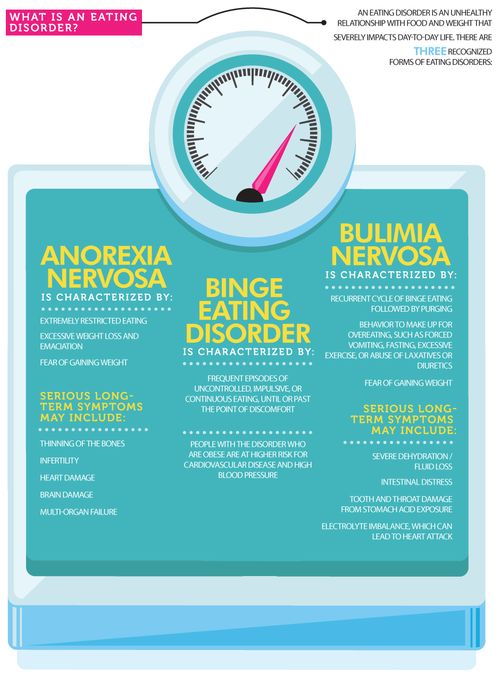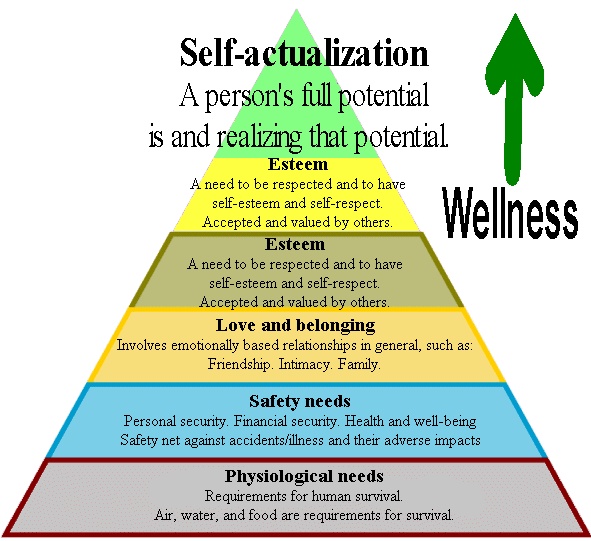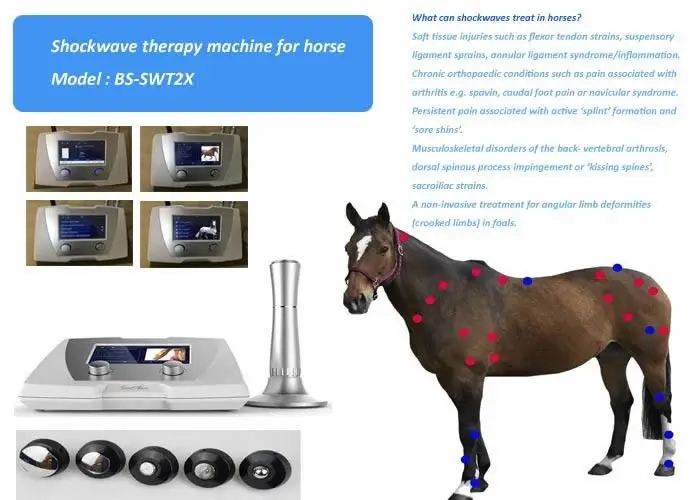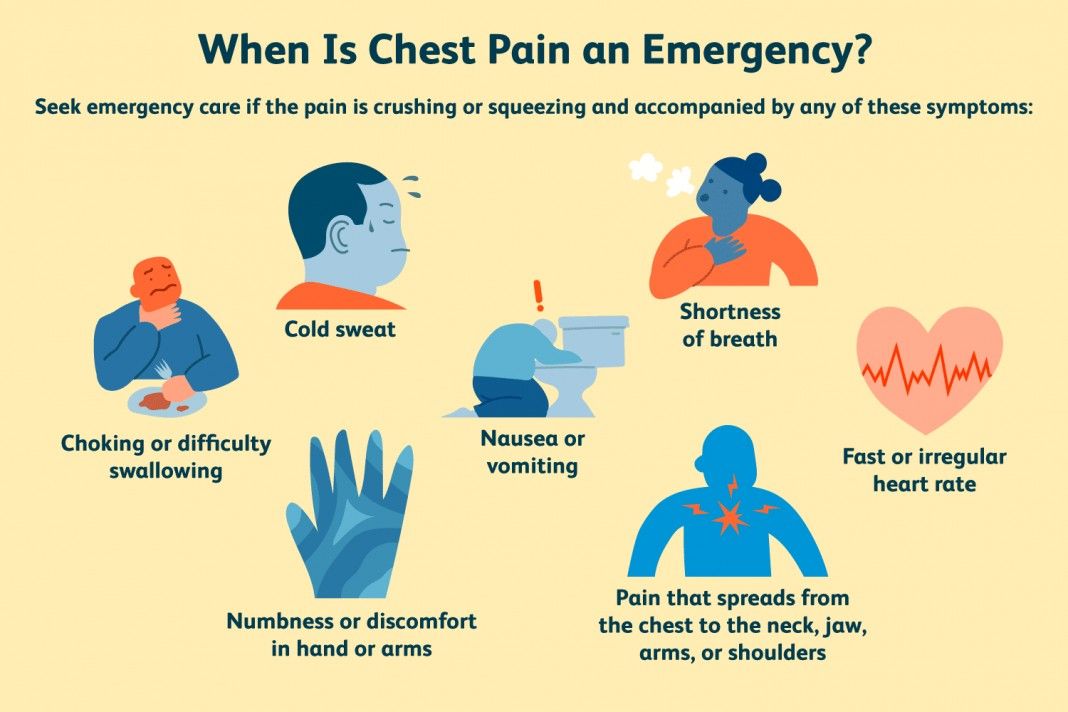Binge eating disorder recovery weight loss
Are Binge Eating Disorder Recovery & Weight Loss Related?
Skip to contentBinge eating disorder can affect all types of individuals, infiltrating all aspects of life – relationships, self-esteem, body image and even one’s overall functioning. Despite common misconceptions, it is not an eating disorder that you can “see.” Individuals in smaller shapes and sizes may struggle with severe and recurrent binging episodes, while individuals in larger bodies might not engage in these types of behaviors. Nevertheless, binge eating can be associated with substantial weight gain which can become an area of concern for those who place high importance on body weight, appearance or shape.
Is Weight Really The Issue?
Weight stigma is prevalent in our culture and is often mentioned as a strong trigger to binge eating. But what is weight stigma, really? It is a cultural perspective that one’s body shape and size reflects important information about a person, such as character, lifestyle and/or ethics. There is great value placed on thinness in our society, which places a lot of blame on a person when the individual does not meet society’s ideals. Weight loss goals may have come about as a result of long histories of weight-based humiliation and discrimination. Consistent belief that one’s appearance is “wrong” in some way can negatively impact the way that person feels in and about their body. Poor body image may manifest itself via feelings of shame and self-consciousness about one’s body, likely increasing the desire to try and change it. For people with binge eating disorder, attempts at changing their shape can increase vulnerability to binge eating. The reasoning behind a desire for weight loss may be unique from person to person, yet many believe that dieting is the only solution.
In reality, dieting is not the answer.
Restricting food intake, delaying eating and avoiding certain kinds of foods can really make the binge eating cycle stronger and more intense. These dieting efforts may lead to some weight loss, but it is often short lived as diets are not effective or sustainable ways of managing weight.
Eating feels good for a reason. As human beings, we have a biological need to fuel our bodies. As a result, there are internal mechanisms that support a relationship with food. Deprivation may increase desire or focus on specific types of foods that we, as a society, have labeled as “bad” or “unhealthy.” Pair this hyper focus with ravenous hunger (a common result of dieting) and you’ve got the perfect recipe for a binge eating episode. People with binge eating disorder often believe that straying slightly from their diet means that it is immediately ruined, opening the door to binge eating. This all-or-nothing thinking can have a significant impact. This “dieting tornado” can take a vast toll on an individual’s sense of efficacy and may negatively impact mood. More often than not, individuals who diet have tried other diets before without long term success. This can wreak havoc on a person’s sense of self and confidence, and can confirm beliefs about weight stigma and negative body image.
Body weight may vacillate significantly due to dieting and binge eating episodes. Not only is yo-yo dieting ineffective, but repeated cycles of weight loss and gain can affect the body in ways that make it more difficult to lose weight in the future (Fairburn, 2013). This may compound feelings of frustration and failure within individuals who struggle with binge eating, and may even be a component in maintaining (or intensifying) the disorder.
Repeated weight loss and weight gain is a roller coaster ride of emotions. When it becomes even more difficult to lose weight upon the onset of a new diet, many blame ourselves. I often hear the phrases, “I don’t have enough willpower to see a diet through” or “I can’t lose weight because I’m so lazy.” In reality, many times, the real issue is actually one’s relationship with food.
Won’t I gain Weight If I Stop Dieting?
For many, changing binging and dieting behaviors ignites a spark of fear about increasing weight.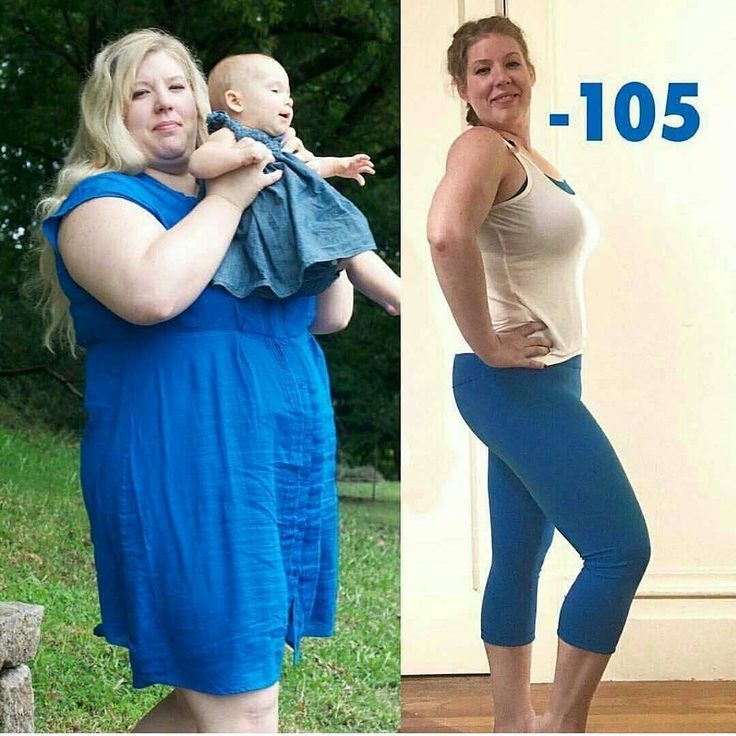 However, studies have found that the most common pattern that occurs after a reduction in binge eating is weight maintenance (Fairburn, 2013). As one client put it, “Wait! You’re telling me I have to get comfortable with this weight right now because it might not change?!” Understandably, this is not the information that most individuals with binge eating disorder are hoping to hear. Yet, it is especially important for people to know.
However, studies have found that the most common pattern that occurs after a reduction in binge eating is weight maintenance (Fairburn, 2013). As one client put it, “Wait! You’re telling me I have to get comfortable with this weight right now because it might not change?!” Understandably, this is not the information that most individuals with binge eating disorder are hoping to hear. Yet, it is especially important for people to know.
With time and hard work, individuals may challenge their beliefs around the importance of weight and shape, and the negative thoughts and comparisons one makes about their body. Adopting this mindset is an important component of feeling better in one’s skin.
Is There Hope?
Though not impossible, it is likely to be extremely difficult to maintain weight loss without decreasing binge eating first. If someone is looking to address binge eating behaviors, their first and goal should be stability in eating patterns–putting weight loss goals to the side (at first).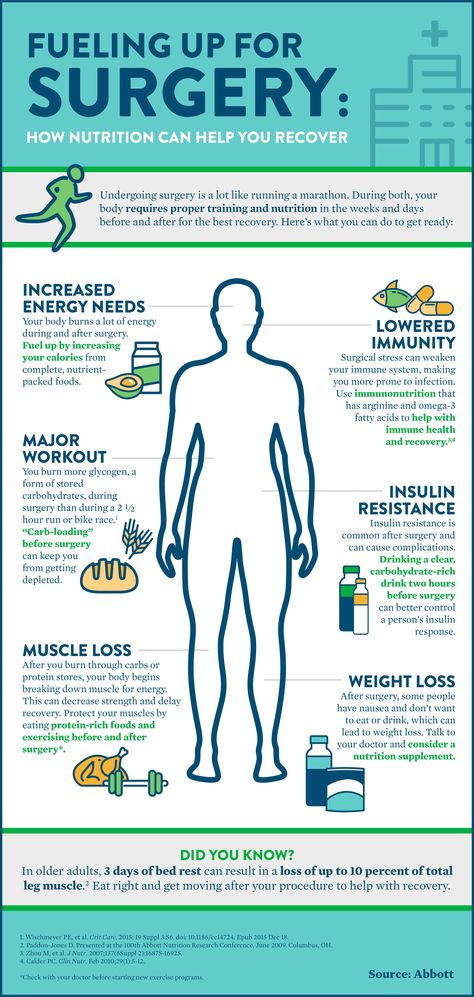 This is especially important for individuals who identify weight loss as a goal due to medical complications and physical pain or limitations. Outcomes suggest that a small, maintainable amount of weight loss (usually 5-10%; CDC) can dramatically alleviate medical complications. This is typically a much smaller amount than many clients are looking for, but it can become a manageable and sustainable goal once binge eating behavior has been reduced.
This is especially important for individuals who identify weight loss as a goal due to medical complications and physical pain or limitations. Outcomes suggest that a small, maintainable amount of weight loss (usually 5-10%; CDC) can dramatically alleviate medical complications. This is typically a much smaller amount than many clients are looking for, but it can become a manageable and sustainable goal once binge eating behavior has been reduced.
In the clients that I’ve been fortunate enough to work with, those who have used skills to decrease binge eating and worked to understand their eating patterns and relationships with food have found improvements in various aspects of life. Binge eating does impact self-esteem, mood and relationships and as the behavior decreases, some of these issues may alleviate on their own or provide space for the individual to work on the problem at hand. Cognitive Behavioral Therapy, mindfulness and Acceptance and Commitment Therapy (ACT) are especially effective interventions in identifying and exploring beliefs about shape and weight. Delving further into these beliefs may also foster increased body acceptance, better mood and improved relationships.
Delving further into these beliefs may also foster increased body acceptance, better mood and improved relationships.
It is a truly incredible experience when a client is able to increase their feelings of acceptance and understanding toward their bodies. Appreciation for oneself and one’s body can foster positive thoughts and behaviors. More recently, a client told me, “I am ok with my body, not every day, but today I am. I never thought that would happen.” For this client, learning to be ok with her body resulted in less urges to diet, less negative self-talk and allowed for her to care for herself in ways she never thought she could before. For many, reducing the frequency of binge eating revealed struggles that were masked by the behavior. Bringing these issues to light allowed for these individuals to make changes to improve their overall well-being.
These examples prove that individuals can have agency over their lives and the way they see their bodies and the bodies of others. Through this acceptance, many are able awaken their feelings of gratitude for the vessel that supports turning their dreams into realities.
Through this acceptance, many are able awaken their feelings of gratitude for the vessel that supports turning their dreams into realities.
If you are looking for support around binge eating or emotional eating, we’re here to help.
####
Sarah-Eve Hamel, MA is an adult clinician in the PHP and IOP programs in Worcester and the Binge Eating Disorder Coordinator in Milford. She provides individual, family, and group counseling to adults with eating disorders. She received her bachelor’s degree in psychology from Concordia University and her master’s degree in counseling psychology from Assumption College. Sarah-Eve incorporates Cognitive Behavioral Therapy (CBT) and Dialectical Behavioral Therapy (DBT) in her work with patients. She is also passionate about research and education around the topics of mental health and eating disorders. In her spare time she enjoys spending time with family, rock climbing, and running outdoors.
Let’s Connect
Notice: JavaScript is required for this content.
6 Ways to Recover from Binge Eating and Lose Weight
It’s important to know your struggles with weight and binge eating can be fixed. According to Registered Dietician, Kimberly Gomer, who appeared as a guest speaker on the Real Talk with Bella Magazine Podcast, explains, “restrictive dieting is pretty much starving yourself…that’s the problem, and the dieting culture we have encourages it. It makes you feel like you don’t have control, you’re a failure. You’re the problem.” But, you can succeed with sustainable weight loss and develop a joyous relationship with food again. Discover below what could be causing your binge eating, and how you can stop the cycle and get back to living well.
Listen to Kimberly Gomer speak on the Real Talk with Bella Magazine Podcast.
Binge eating is not a sign of weakness or a lack of self-control.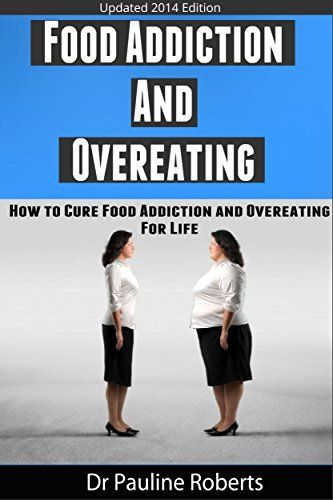 It’s terrible how binge eating can leave you feeling upset or ashamed. Studies have found greater depression, stress, and anxiety amongst binge eaters. You don’t have to live with this exhausting struggle anymore, explains Kimberly. “[The problem] starts with dieting. Going on a calorie-counting diet, then the next trendy diet… fuels it. Why can’t we eat for nutrition, for health? There is so much money connected to us eating and being addicted to bad food. People who have an issue with alcohol, stay away from bars. But, when you have a problem with food, it’s impossible to avoid it…you need a plan.”
It’s terrible how binge eating can leave you feeling upset or ashamed. Studies have found greater depression, stress, and anxiety amongst binge eaters. You don’t have to live with this exhausting struggle anymore, explains Kimberly. “[The problem] starts with dieting. Going on a calorie-counting diet, then the next trendy diet… fuels it. Why can’t we eat for nutrition, for health? There is so much money connected to us eating and being addicted to bad food. People who have an issue with alcohol, stay away from bars. But, when you have a problem with food, it’s impossible to avoid it…you need a plan.”
Learn More About Pritikin
What is Binge Eating Disorder?Binge eating disorder is characterized as a pattern of overeating episodes followed by shame, distress, and guilty feelings. If you feel you can’t control what or how much you eat, consuming large amounts of food in a short period of time, then you may be suffering from a binge eating disorder; particularly when this continues as a pattern of more than one episode per week for three months.
An estimated 1 to 5 percent of Americans are struggling with binge eating, according to the National Eating Disorder Association. Binge eating has the highest prevalence of eating disorders, especially among females. Young and middle-aged people who are struggling with body weight, as well as type 1 and type 2 diabetics, are most likely to suffer from binge eating disorders. That makes sense, when you understand the causes of binge eating, according to diet expert, Kimberly Gomer, the Director of Nutrition at the Pritikin Center, in Miami Florida.
How Much Is Binge Eating Versus Over EatingThere’s a big difference between a person who occasionally overeats. Eating 4 pieces of pizza to then feel uncomfortably stuffed is overeating. Kimberly explains that binge eaters experience eating uncontrollably, “A binge eater will eat the whole pizza.”
Can You Stop Binge Eating?Yes, you can have a healthy relationship with food again! It’s possible to feel great about yourself and your eating habits.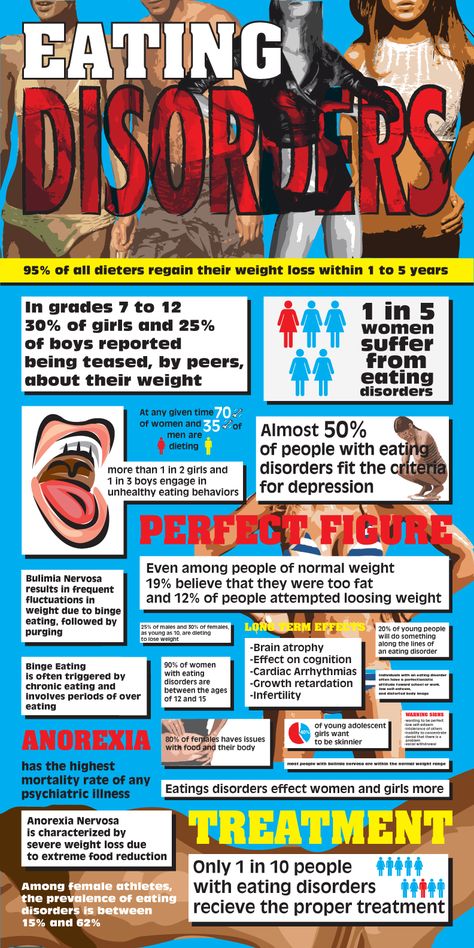 You may even find yourself trying to hide your problem. There are strategies you can use to stop binge eating that work! “It’s not fair to say, I can fix you,” remarks Kimberly. “It’s not that simple – everyone is different. At Pritikin, the team of experts works together, to help you get a concise plan, based on scientific information and labs, to help you develop a sustainable healthy lifestyle that works.” With the help of comprehensive blood labs at the Pritikin Center and the collaborative team of physicians, dieticians, behavioral lifestyle psychologists, and exercise physiologists make it possible for you to understand what’s happening in your life and body that’s leading to binge eating – then, help you create a plan to stop binge eating and start living a more joyous, healthy life.
You may even find yourself trying to hide your problem. There are strategies you can use to stop binge eating that work! “It’s not fair to say, I can fix you,” remarks Kimberly. “It’s not that simple – everyone is different. At Pritikin, the team of experts works together, to help you get a concise plan, based on scientific information and labs, to help you develop a sustainable healthy lifestyle that works.” With the help of comprehensive blood labs at the Pritikin Center and the collaborative team of physicians, dieticians, behavioral lifestyle psychologists, and exercise physiologists make it possible for you to understand what’s happening in your life and body that’s leading to binge eating – then, help you create a plan to stop binge eating and start living a more joyous, healthy life.
Both the diet culture and possible physiological problems could be why you binge eat. According to Kimberly, there are two things that are the source of the problem:
- Restrictive Dieting
- Insulin Resistance
The best thing you can do for yourself is to learn how to eat foods that leave you feeling nourished and satisfied.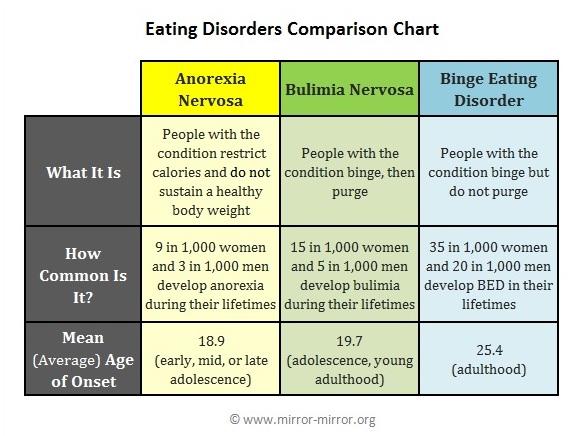 Kimberly explains, “Any time someone says to me they feel like they need to have a binge, I know they are restricting. The number one rule to successful weight loss is to never be hungry!” For example, a typical diet app will ask your age, gender, and desired weekly weight loss, then suggest a calorie allotment per day that leaves you starving. “Binge eaters aren’t eating broccoli and salmon – it’s usually sugary foods or carbohydrates… you feel like your body needs that sugar. The preferred fuel for your brain is carbs, so if you’re on a low-carb diet, it’s no surprise you may crave sugar. You need carbs to exercise too…the starving diet is a huge problem.”
Kimberly explains, “Any time someone says to me they feel like they need to have a binge, I know they are restricting. The number one rule to successful weight loss is to never be hungry!” For example, a typical diet app will ask your age, gender, and desired weekly weight loss, then suggest a calorie allotment per day that leaves you starving. “Binge eaters aren’t eating broccoli and salmon – it’s usually sugary foods or carbohydrates… you feel like your body needs that sugar. The preferred fuel for your brain is carbs, so if you’re on a low-carb diet, it’s no surprise you may crave sugar. You need carbs to exercise too…the starving diet is a huge problem.”
Kimberly remarks, “Restrictive dieting is pretty much starving yourself – you’re hungry. That’s the problem. The dieting culture we have encourages it. It makes you feel like you don’t have control, you’re a failure. You’re the problem.”
Another group who are focused on food control and weight maintenance are diabetics – it’s no surprise that according to the National Institute of Health binge eating is common among type 1 and type 2 diabetics.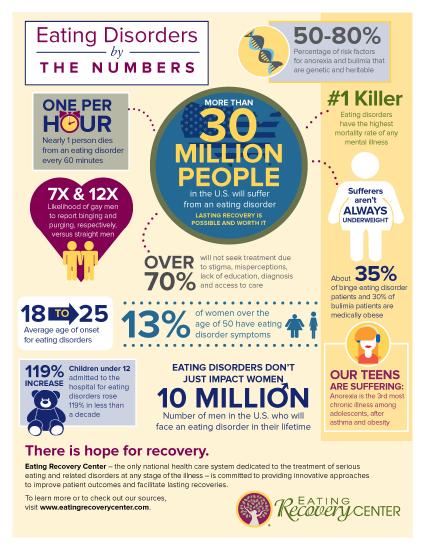 “Weight loss isn’t just calorie counting – there are a lot of hormones involved,” explains Kimberly. Binge eating makes it harder to control blood glucose (blood sugar). Interestingly, a body that’s struggling to control blood sugar (problems with the hormone insulin) is more likely to cause a person to binge eat.
“Weight loss isn’t just calorie counting – there are a lot of hormones involved,” explains Kimberly. Binge eating makes it harder to control blood glucose (blood sugar). Interestingly, a body that’s struggling to control blood sugar (problems with the hormone insulin) is more likely to cause a person to binge eat.
“Insulin resistance is so common, it’s worth knowing if you have it,” exclaims Kimberly. “A binge eater, more times than not, has insulin resistance, and doesn’t know it.” What does insulin resistance look like? Kimberly explains that when we eat our blood sugar rises, which is important as our cells need this food. Your cells can’t just grab sugar from the bloodstream. When the body sees a rise in blood sugar, the pancreas is called upon to secrete insulin, which acts like a key to open up the doors and lets sugar into the cells. In some people, who have insulin resistance, when insulin flows out, these keys get sort of sticky, and the doors don’t open. The body thinks the call out for insulin wasn’t heard, so it calls out for more insulin. Calling out for more insulin is a problem. Insulin is a hungry hormone, so you feel hungry.
The body thinks the call out for insulin wasn’t heard, so it calls out for more insulin. Calling out for more insulin is a problem. Insulin is a hungry hormone, so you feel hungry.
A person who is insulin resistant actually starts to feel hungrier as they are eating. “You start to feel like you are a failure – you have no discipline. It’s a physiological disorder – you’re not crazy!” There’s a medical concern as when your body is requesting insulin consistently, the pancreas cells that produce it become tired, and start to have trouble creating enough insulin. Having your fasting level blood glucose (sugar) tested can help your medical team learn if you have insulin resistance. At Pritikin, we test everyone who walks through our doors for insulin resistance, as well as blood cholesterol, and many other markers that our trained healthy lifestyle physicians can translate for you to better understand how your body is working and what you can do to help it become healthier and achieve sustainable weight loss.
“What affects insulin resistance the most is belly fat,” explains Kimberly. As you gain weight, insulin resistance is more likely to occur. No wonder it seems to get harder to lose weight once you start to gain it.
Why It’s Important to Get Help with Binge EatingBinge eating can lead to a number of health concerns. There’s the mental health aspect, in which happiness can be elusive. Plus, there are physiological illnesses associated with binge eating. It’s important to get help with binge eating, as the possible health problems include:
- Weight gain and obesity
- Type 2 diabetes
- Heart disease
- Cancer
- Depression and anxiety
- Suicidal thoughts
- Sleep disorders
- Digestive system problems
- Joint and muscle pain
The Pritikin Center offers a proven, medically-focused, healthy living program, in a retreat setting, which specializes in weight, heart health, and diabetes.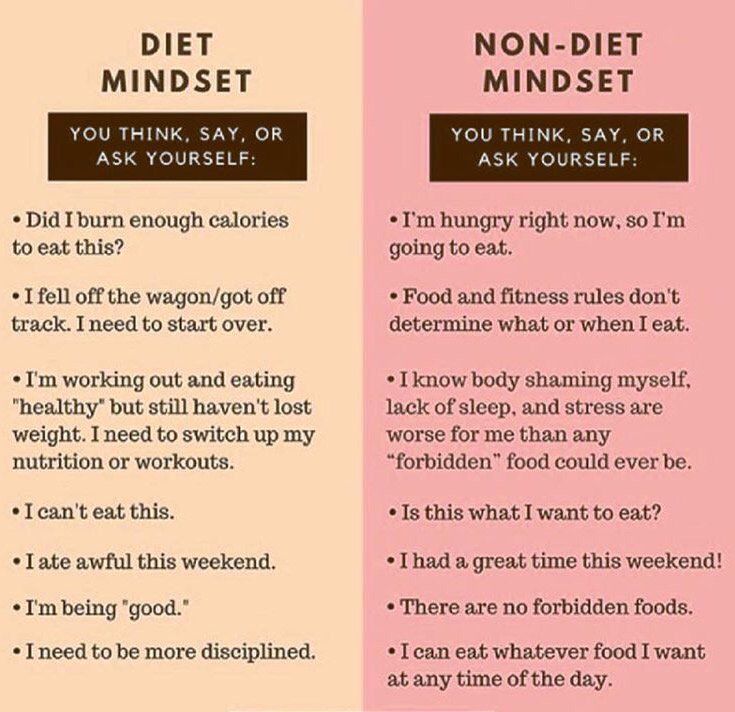
Discovering why you’re binge eating can help you recover from it and develop a healthy lifestyle that promotes weight loss. There are biological reasons your body may be struggling, as well as psychological. In one supportive, friendly, luxurious location, you can discover any medical reasons you’re struggling with, as well as helps you develop tools to tackle the emotional and lifestyle factors involved in your binge eating. “People check into Pritikin for a lifestyle transformation: we have medical experts, psychologists, exercise physiologists, master chefs – at a five-star resort… and people get a complete overhaul… it’s my dream job…” says Kimberly.
1. | Eat Lots of Healthy Foods
From nutrition lectures to learning how to shop for healthy foods, the program is an impressively supportive environment designed to help you build tools that will help you create a healthy lifestyle that’s uniquely designed to meet your goals and routine.
2. | Build More Muscle: The program also includes an exercise program
“If you’d like to burn more calories, build more muscle – using weights during exercise can help you build a better metabolic currency,” notes Kimberly.
3. | Try Mindfully Eating
Kimberly and the team of Nutrition experts at the Pritikin Center help guests learn how to use mindfulness while they are eating. When researchers looked at the incidence of binge eating among university students who practiced more mindful techniques while eating, evidence suggested this simple lifestyle habit is helpful. Starting to be more mindful when you’re eating can be as simple as putting down the cell phone, television, and other screens. When submersed in the Pritikin lifestyle during a stay at the Center, guests find it easier to adopt healthy habits, including mindful eating (there’s even a mindful eating lunch where Kimberly works with guests to master this new skill).
4. | Get Enough Sleep
If you haven’t slept, your body will produce the sleep hormone, cortisol. Kimberly explains, “cortisol influences insulin…there you are – if you don’t sleep, you can be hungry.” At Pritikin, it’s possible to have a sleep test in the comfort of your own luxurious guest room or suite. It is just one of the many additional items guests can choose from during their stay at the resort. With the help of the medical team, guests benefit from their knowledge to help understand the sleep test results and how to improve their sleep.
It is just one of the many additional items guests can choose from during their stay at the resort. With the help of the medical team, guests benefit from their knowledge to help understand the sleep test results and how to improve their sleep.
5. | Make a Plan that Works for Your Day
The experts at Pritikin help guests think about how to best implement these strategies when back at home – everyone’s home routine is different, hence working with experts, such as Kimberly, helps you discover the best way to fit healthy strategies into your own lifestyle. This is how healthy eating habits become sustainable – you find ways to make them work for your life!
6. | Have Support
After your stay at the Pritikin Center, once you’ve returned home, you still have the ability to access the Pritikin support system. Kimberly works with many guests, consulting them over the phone. To learn more about the ways the Pritikin Center can help you create a healthy lifestyle plan that will work for you, and support you after, reach out to a program advisor.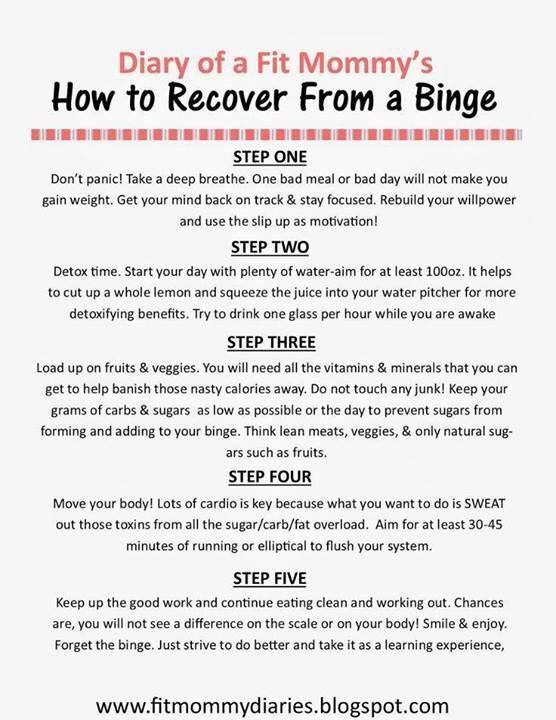
Get All the Details of a Stay at the Pritikin Center in Your Inbox
REFERENCES
- Binge eating symptoms prevalence and relationship with psychosocial factors among female undergraduate students at Palestine Polytechnic University: a cross-sectional study. Journal of Eating Disorders 2019 Oct;7(33).
- Binge Eating Disorder, National Institute of Diabetes and Digestive and Kidney Diseases, NIH 2021.
- Mindfulness in eating is inversely related to binge eating and mood disturbances in university students in health-related disciplines. Nutrients 2020 Feb; 12(2): 396.
- Real-time predictors and consequences of binge eating among adults with type 1 diabetes. Journal of Eating Disorders 2019 March; 7(7).
- Highly increased risk of type 2 diabetes in patients with binge eating disorder and bulimia nervosa. Int J Eat Disord 2015 Sep;48(6):555-62.
- Cardiovascular impact of eating disorders in adults: a single center experience and literature review.
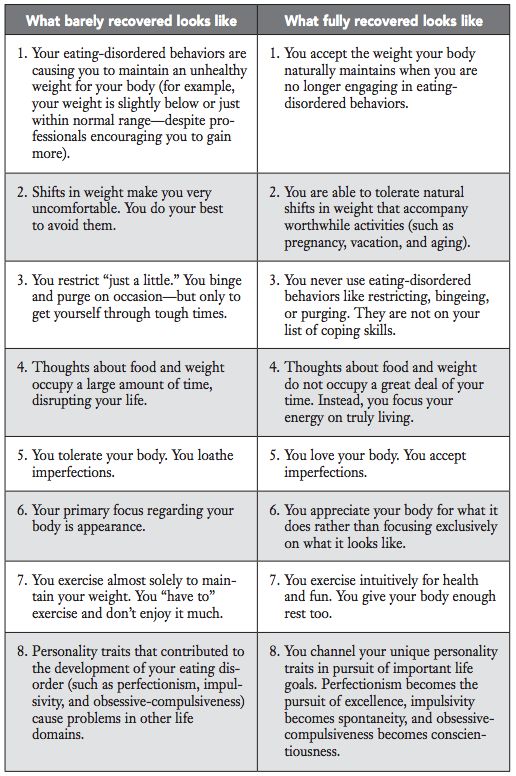 Heart Views 2015 Jul-Sept; 16(3): 88-92.
Heart Views 2015 Jul-Sept; 16(3): 88-92.
Compulsive overeating, psychological overeating, symptoms, signs
(Psychogenic overeating): SYMPTOMS AND SIGNS
What is compulsive overeating? A person suffering from compulsive overeating, as a rule, begins to gain weight, and he is well aware that his habit regarding food consumption is abnormal. He seeks emotional comfort, trying to find it in eating food, which leads to obesity and related problems in society.
Compulsive overeating (psychogenic overeating): symptoms and signs
For a person suffering from compulsive overeating, words such as "just go on a diet" can be emotionally devastating, as it is not so much a matter of life support as an opportunity to cope with emotional stress.
People who suffer from compulsive overeating sometimes hide behind their appearance, using it as a shield against society - this is common among women survivors of sexual violence. She may feel guilty for not looking good enough (according to society's standards), ashamed for being overweight, and generally has very low self-esteem. Her constant overeating is an attempt to cope with these feelings, which, due to this addiction, only intensify, forming a vicious circle that leads to even more dissatisfaction with herself and even more overeating.
Her constant overeating is an attempt to cope with these feelings, which, due to this addiction, only intensify, forming a vicious circle that leads to even more dissatisfaction with herself and even more overeating.
Having low self-esteem and a burning need for love and approval, she may try to suppress these needs by spending money and overeating. Even when she really wants to stop eating a lot, she cannot cope with the disease without help. The inability to stop it, despite the potentially life-threatening consequences, is a sign of a pathological addiction that needs to be treated.
What are the signs and symptoms of compulsive overeating?
Signs and symptoms of compulsive overeating include:
- overeating or uncontrolled eating, even in the absence of physical hunger
- eating much faster than usual
- eating alone due to shame and embarrassment
- feelings of guilt due to overeating
- preoccupation with body weight
- depression or mood swings
- awareness that such a diet is abnormal
- cessation of all activity due to embarrassment due to being overweight
- unsuccessful attempts to use various diets
- eating a small amount of food in crowded places, but maintaining a large body weight
- a strong belief that life will be better when they can lose weight
- leaving food in strange places (closets, cupboards, suitcases, under the bed)
- indefinite or secretive diet
- self-abasement after eating
- strong belief that food is their only friend
- weight gain
- loss of sexual desire or promiscuity
- tiredness
an episode of binge eating, through vomiting, exercise, or taking laxatives.
Compulsive overeating risk
Compulsive overeating leads to emotional, psychological and physiological side effects that significantly reduce the quality of life and rob you of hope for the future.
When binge eaters consume excessive amounts of food, they often experience a feeling of euphoria, similar to that which occurs with drug use. They experience temporary relief from psychological stress and a distraction from feelings of sadness, shame, loneliness, anger, or fear. Researchers have suggested that this is due to abnormal endorphin metabolism in the brain.
In the case of compulsive overeating, eating causes the release of the neurotransmitter serotonin. This may be another sign of neurobiological factors contributing to addiction. Attempts to stop systematic overeating can lead to increased levels of depression and anxiety due to a decrease in serotonin levels.
Left untreated, compulsive overeating can lead to serious illnesses and conditions, including:
- High cholesterol
- Diabetes
- heart disease
- Hypertension (high blood pressure)
- APNOE of sleep (temporary respiratory suspension during sleep)
- Depressing
- Arthritis
- Iznos Bone Iznos Iznosa INST
What do you need to know?
Binge eating disorder is a very serious eating disorder, especially if it is accompanied by comorbid disorders such as bulimia nervosa, etc.
 Binge eating disorder is a disease that can lead to irreversible complications, even death. If you are unsure whether you or a loved one has binge eating disorder, you should seek qualified medical attention to diagnose and prescribe appropriate treatment. You can also independently try to determine what type of disorder you or your loved one suffers, in which this material can help you.
Binge eating disorder is a disease that can lead to irreversible complications, even death. If you are unsure whether you or a loved one has binge eating disorder, you should seek qualified medical attention to diagnose and prescribe appropriate treatment. You can also independently try to determine what type of disorder you or your loved one suffers, in which this material can help you. Eating disorder - compulsive overeating, treatment of psychogenic nervous overeating in Moscow
Everyone at least once got up from the table with a feeling of a full stomach. If this happens infrequently, then there is no cause for concern. If the episodes are repeated, or so you are trying to get rid of stress, bad mood, it is worth suspecting the development of a nervous eating disorder. Compulsive overeating, namely eating in uncontrollable sizes, repeated episodically. The disease often occurs against the background of mental disorders, sometimes contributes to gaining excess weight, obesity.
 Therapy is carried out by a psychiatrist, interacting with a nutritionist, a psychologist.
Therapy is carried out by a psychiatrist, interacting with a nutritionist, a psychologist. Article content:
- Disease description
- Symptoms
- Diagnostics
- Treatment
- Complications and advanced forms
Seek medical attention if symptoms occur. The information on the page is for reference only and cannot be used for self-diagnosis and self-treatment.
Nervous eating disorder - description of the disease
According to the Diagnostic and Statistical Manual of Mental Illness, psychogenic overeating (hyperphagic stress response) is an independent disease that has a separate code 307.51. A patient with eating disorders is used to dealing with negative emotional stress, bouts of binge eating. The disease is manifested by a brutal appetite, which requires an abnormal amount of food with a high calorie content to satisfy it.
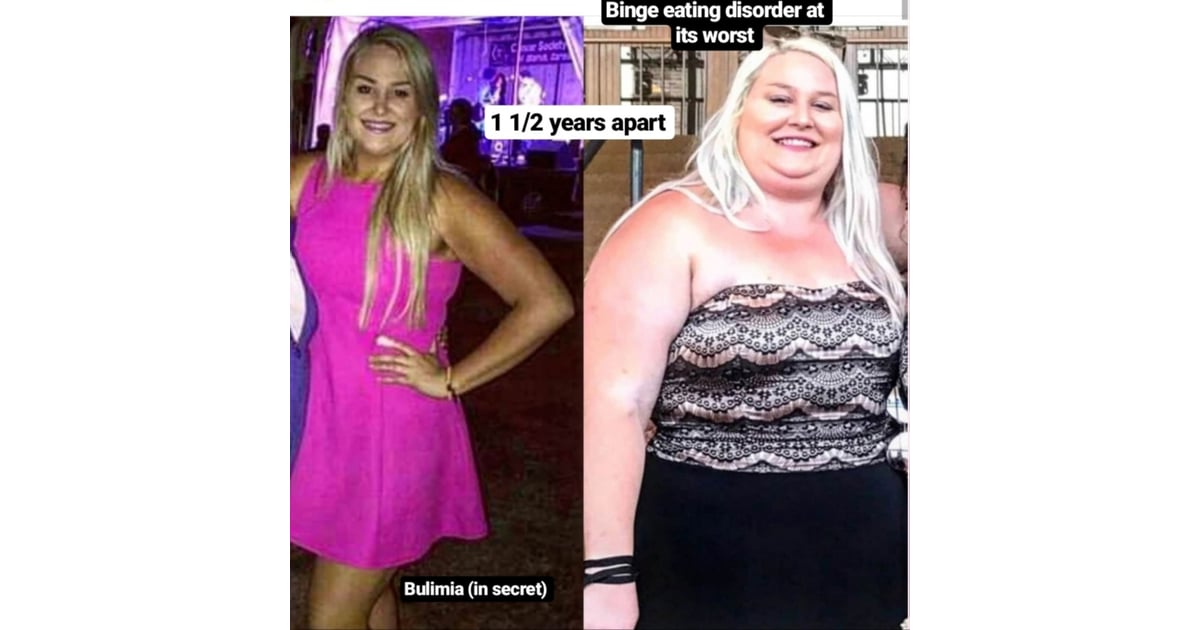 Serious factors (loss of a family member, injury) and minor reasons - a raised voice, a missed bus, etc. can provoke a nervous attack. Nervous eating disorder is caused by mental causes, there is no physiology in a causal relationship. Food in this case is a tonic that allows you to forget about the problem for a while, to relax. The patient, who has experienced a nervous shock, does not try to feed the stomach, but to drown out the feelings.
Serious factors (loss of a family member, injury) and minor reasons - a raised voice, a missed bus, etc. can provoke a nervous attack. Nervous eating disorder is caused by mental causes, there is no physiology in a causal relationship. Food in this case is a tonic that allows you to forget about the problem for a while, to relax. The patient, who has experienced a nervous shock, does not try to feed the stomach, but to drown out the feelings. It is important to distinguish between physiological hunger and appetite of a nervous nature. This is an important step towards recovery, selection of treatment:
Nervous hunger Physical hunger May occur against the background of satiety, occurs unexpectedly and abruptly. Develops gradually, the body does not require urgent saturation. During attacks, the body requires unhealthy food - fast food, fatty foods, sweets, starchy foods, etc. 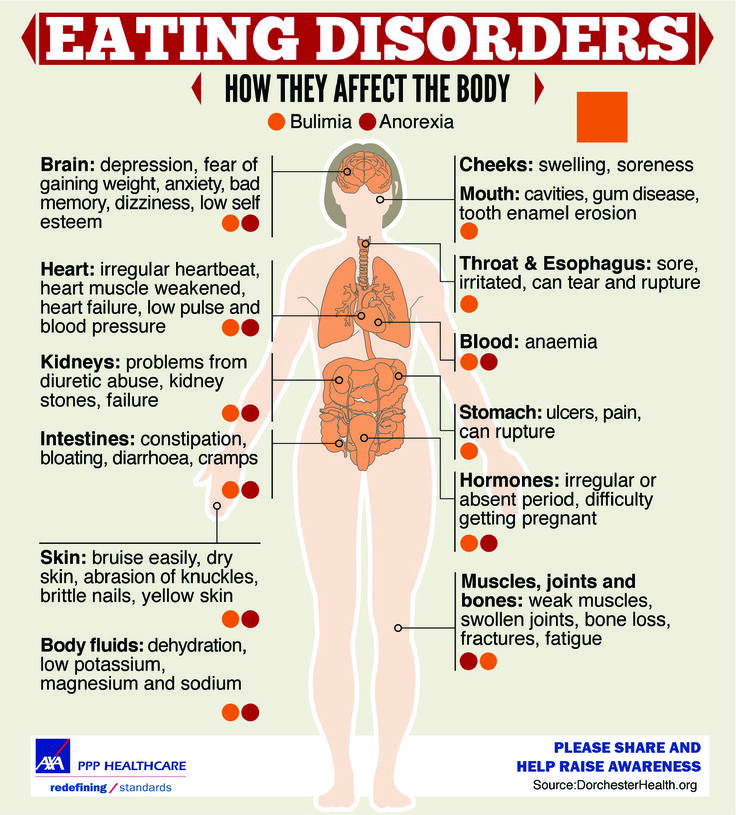 are in priority.
are in priority. You can satisfy your appetite with any food, homemade and healthy food. The portion size is much larger than usual, there is no control over the amount eaten. A person eats exactly as much as needed to satisfy hunger. The portion size is much larger than usual, there is no control over the amount eaten. The physical need for food is disguised as a feeling of "sucking in the pit of the stomach", weakness. Feelings of guilt and shame arise after eating. After eating, a feeling of satisfaction comes, strength appears. Mental disorders may be caused by genetics.
Compulsive eating disorder - symptoms
The basis of nervous overeating is the satisfaction of emotional needs, the solution of life problems, the ability to temporarily forget about loneliness, etc. However, food is a temporary salvation, after a short satisfaction comes a feeling of shame for weak willpower, guilt for the amount of food eaten.
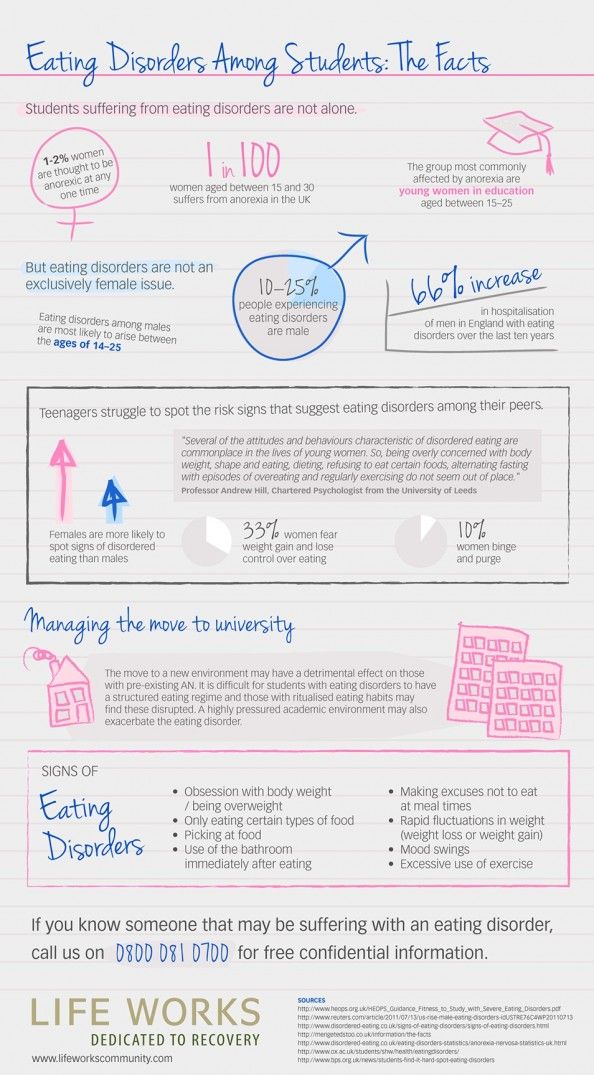 Eating disorder symptoms are often confused with other eating disorders. The symptoms of bulimia echo the clinical picture of compulsive overeating.
Eating disorder symptoms are often confused with other eating disorders. The symptoms of bulimia echo the clinical picture of compulsive overeating. An eating disorder or compulsive overeating is accompanied by the following symptoms:
- food becomes the only way to get rid of melancholy, sadness and other negative emotions;
- the ED patient prefers to eat alone, hiding his bouts of binge eating;
- lack of satiety after a sufficient amount of food consumed;
- stressful load causes regular overeating even in the absence of a physical need for food;
- a patient with eating disorders eats abnormally large portions in a short period of time;
- Gluttony aggravates during stress, emotional experiences.
The main manifestation of compulsive eating disorder is loss of control over appetite. Even with conscious overeating, a person cannot stop. A psychogenic disorder is more likely to affect people with an unstable psyche who take events to heart.
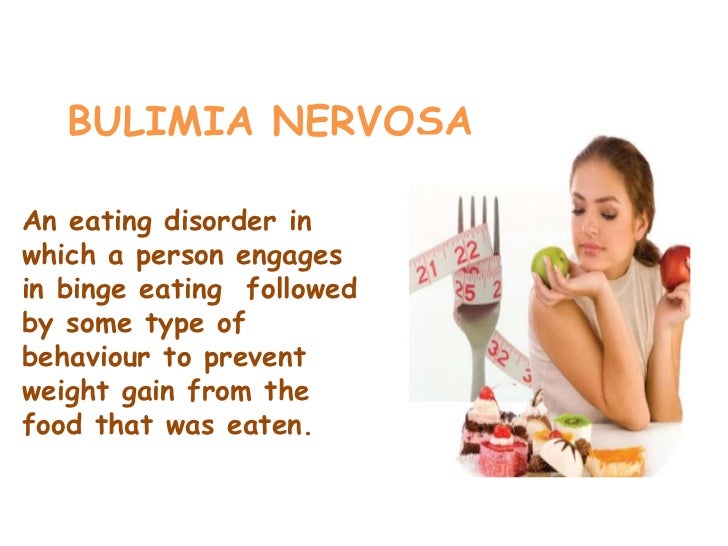 At risk are teenagers and women. Men also suffer from eating disorders, but much less frequently and, unlike women, do not seek to part with negative eating habits, taking them for granted.
At risk are teenagers and women. Men also suffer from eating disorders, but much less frequently and, unlike women, do not seek to part with negative eating habits, taking them for granted. Diagnosis and treatment of psychogenic overeating
If you suspect nervous overeating, you should immediately seek help. You can make an appointment with a psychiatrist.
The Diagnostic and Static Manual of Mental Illness contains the following criteria, if 3 of them are met, the diagnosis of Eating Disorder - Binge Eating is confirmed:
- you prefer to eat alone;
- you experience discomfort from the amount of food eaten;
- you often sit down to eat when you don't feel hungry;
- after eating, guilt overcomes, self-loathing appears;
- regardless of the size of the portion you eat quickly, the food is not chewed thoroughly.
The doctor performs a control weighing, finds out what the patient's weight was in the recent past, how quickly the figure on the scales has changed.
 Then he selects the tactics of treatment in accordance with the anamnesis.
Then he selects the tactics of treatment in accordance with the anamnesis. Treatment
Therapy of patients suffering from nervous overeating should be complex. Eating disorders are treated by a psychiatrist, psychotherapist, psychologist, nutritionist. The family doctor in this situation is not competent due to the lack of necessary knowledge and experience in the treatment of ED.
"CIRP" specializes in the study, treatment of ED and adheres to complex tactics:
- drug therapy;
- psychotherapy effective for eating disorders;
- power restoration.
In the course of psychotherapy, individual and group methods are used, the main task of which is setting the right goals, teaching self-control, developing incentives, healthy beliefs.
Read more in the article:
Compulsive overeating: advice from a psychotherapistMuch attention in the treatment of eating disorders is given to nutrition, sometimes hospitalization is recommended.
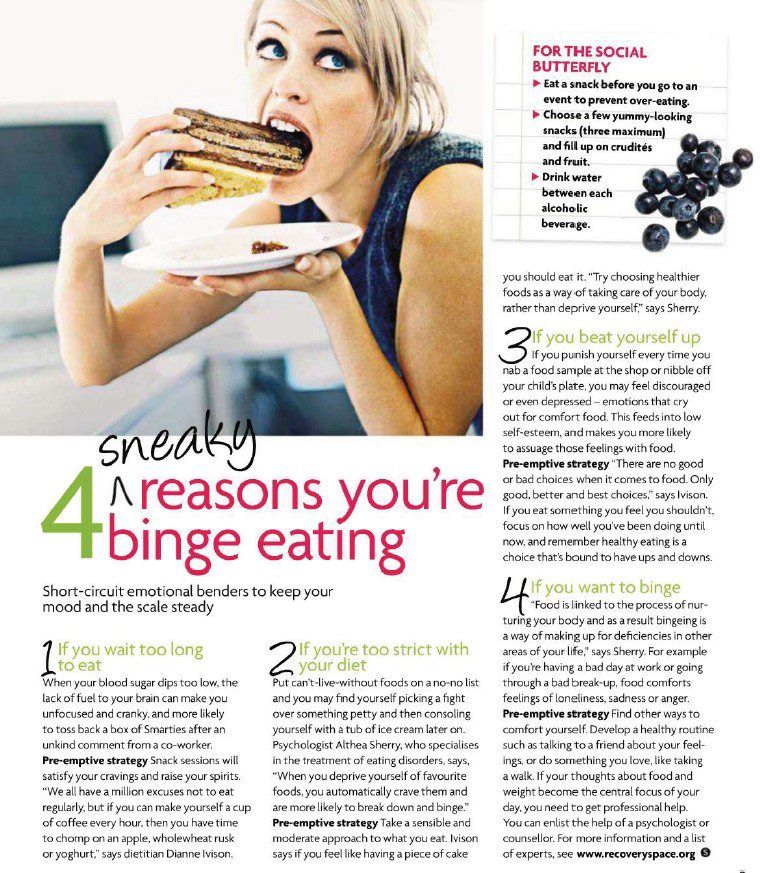 The clinic has created comfortable conditions for the treatment of patients, if necessary, emergency medical care is provided, an intensive care unit is provided. Usually, binge eating is treated on an outpatient basis. At first, support and control of loved ones at home is recommended.
The clinic has created comfortable conditions for the treatment of patients, if necessary, emergency medical care is provided, an intensive care unit is provided. Usually, binge eating is treated on an outpatient basis. At first, support and control of loved ones at home is recommended. To book an appointment with the Center for the Study of Eating Disorders in Moscow, call +7(499) 703-20-51 or use the online form.
Complications and advanced forms
An eating disorder (overeating) is fraught with the development of serious consequences - obesity and atherosclerosis. The patient experiences chronic emotional dissatisfaction, which leads to prolonged depression and causes suicidal thoughts.
Unless treated for destructive binge, there is a high risk of complications:
- Distance from relatives and family as the condition worsens, refusal of family dinners and friendly meetings. A person with eating disorders prefers a secluded lifestyle to hide behavioral deviations.
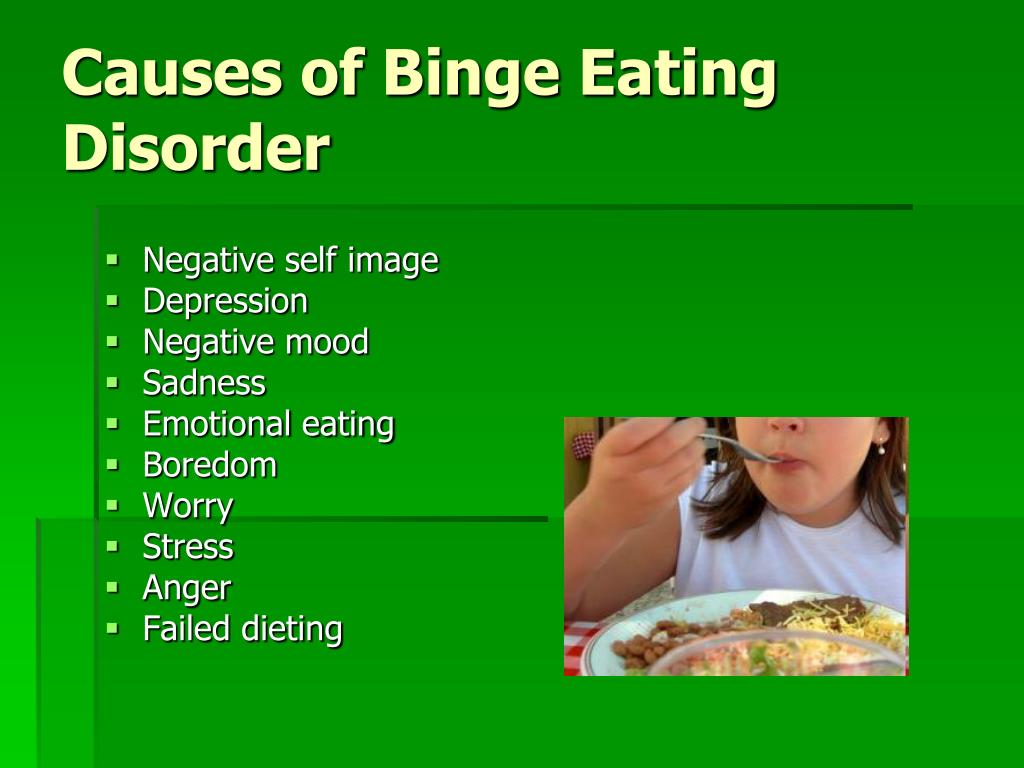
- Often a depressive state becomes the cause of addiction to alcohol and drugs. So the patient with ED tries to compensate for dissatisfaction with life.
- Compulsive nervous overeating affects health. Common complications include obesity, arthritis, high cholesterol, hypertension, and heart and kidney failure. The liver, gastrointestinal tract suffer from excessive uncontrolled nutrition, the character changes for the worse - irritability and anger prevail.
- Given the severity of complications, you should not postpone a visit to the doctor and self-medicate. Subject to timely treatment, the prognosis of therapy for compulsive disorder is favorable.
Make an appointment in Moscow by calling +7(499) 703-20-51 or fill out the online form.
Author: Sineutskaya Ekaterina Olegovna
Head of the inpatient department of the Center for Institutional Research,
psychiatrist, psychotherapist, narcologist.
